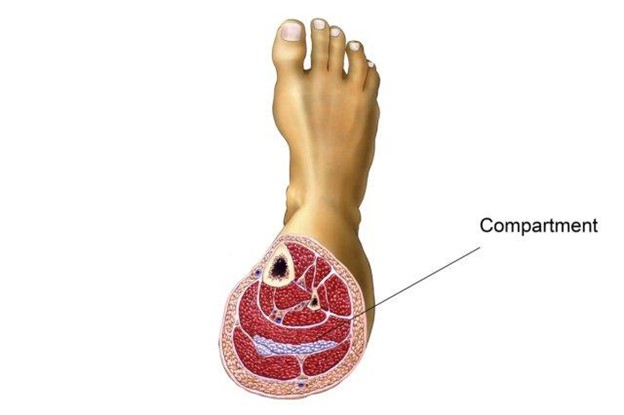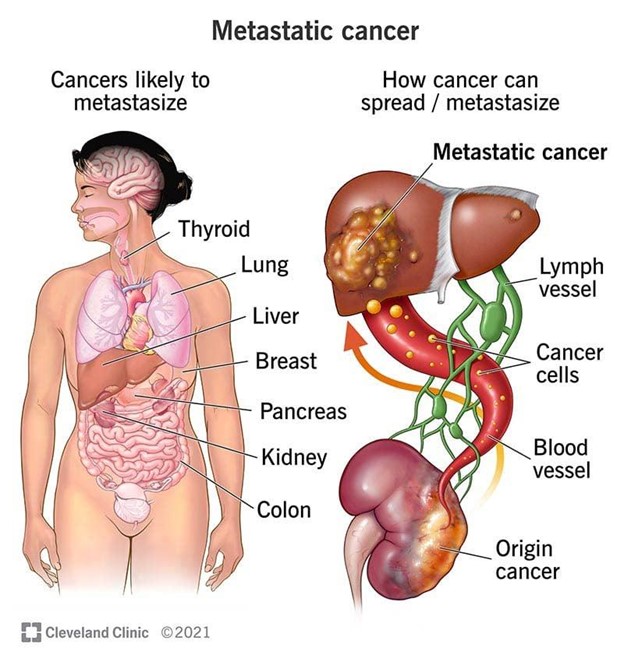A lumbar puncture is performed on a client with suspected bacterial meningitis, and cerebrospinal fluid (CSF) is obtained for analysis. The nurse determines that the diagnosis is confirmed if which findings are noted?
High glucose level
Low protein concentration
Decreased CSF pressure
Cloudy CSF
The Correct Answer is D
Choice A Reason: High glucose level is not a finding that confirms bacterial meningitis, but it may indicate other conditions such as diabetes mellitus or hyperglycemia.
Choice B Reason: Low protein concentration is not a finding that confirms bacterial meningitis, but it may indicate other conditions such as malnutrition or liver disease.
Choice C Reason: Decreased CSF pressure is not a finding that confirms bacterial meningitis, but it may indicate other conditions such as dehydration or spinal cord injury.
Choice D Reason: Cloudy CSF is a finding that confirms bacterial meningitis, as it indicates that there is an infection and inflammation in the meninges that surround the brain and spinal cord.
Nursing Test Bank
Naxlex Comprehensive Predictor Exams
Related Questions
Correct Answer is B
Explanation
Choice A Reason: Redness and warmth of affected extremity are not signs of compartment syndrome, but they may indicate other conditions such as infection or inflammation.
Choice B Reason: Slow capillary refill is a sign of compartment syndrome, as it indicates that there is impaired blood flow to the tissues due to increased pressure within the fascial compartment.
Choice C Reason: Reduced level of consciousness is not a sign of compartment syndrome, but it may indicate other serious conditions such as head injury, stroke, or hypoxia.
Choice D Reason: Pain and bleeding are not specific signs of compartment syndrome, but they may occur due to the fracture or other causes.

Correct Answer is D
Explanation
Choice A Reason: N0 does not indicate presence of regional lymph node involvement, but absence of it. N1 to N3 indicate increasing degrees of regional lymph node involvement.
Choice B Reason: TIS does not indicate that a tumor has been resolved, but that it is in situ, meaning that it is confined to the original site and has not invaded deeper tissues.
Choice C Reason: T4 does not indicate a tumor at its smallest size, but at its largest size. T1 to T4 indicate increasing sizes or extents of the primary tumor.
Choice D Reason: M1 indicates tumor metastasis to a single site, meaning that the cancer has spread to another organ or distant lymph node. M0 indicates no distant metastasis.

Whether you are a student looking to ace your exams or a practicing nurse seeking to enhance your expertise , our nursing education contents will empower you with the confidence and competence to make a difference in the lives of patients and become a respected leader in the healthcare field.
Visit Naxlex, invest in your future and unlock endless possibilities with our unparalleled nursing education contents today
Report Wrong Answer on the Current Question
Do you disagree with the answer? If yes, what is your expected answer? Explain.
Kindly be descriptive with the issue you are facing.
